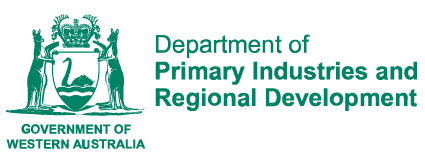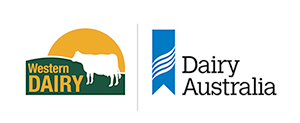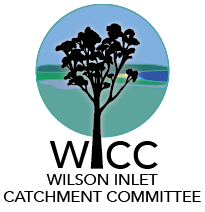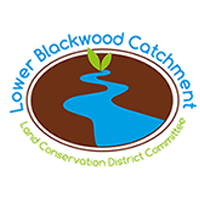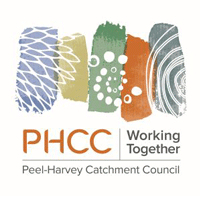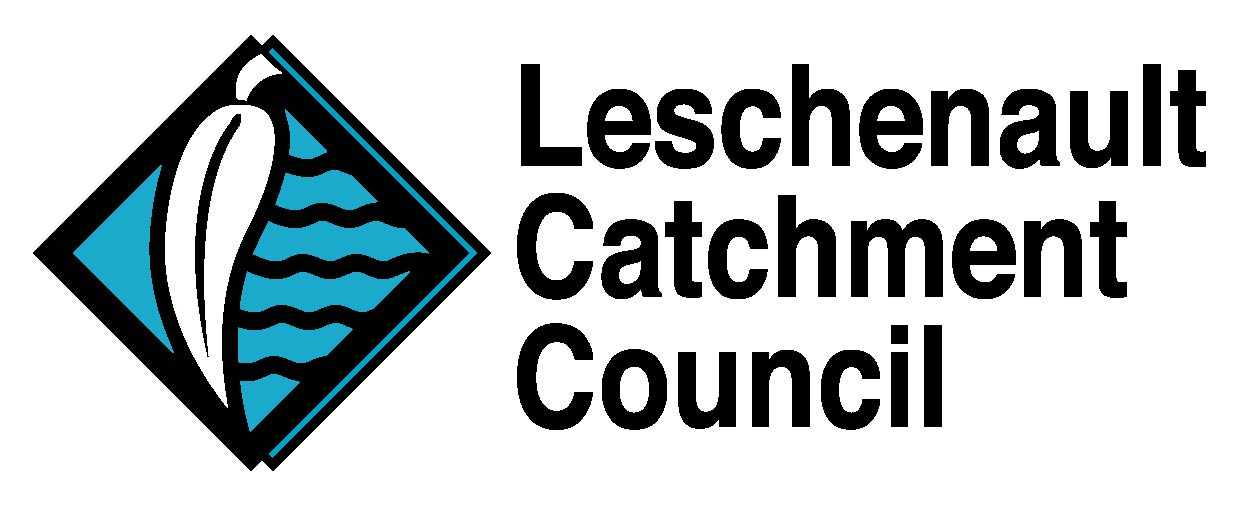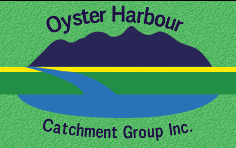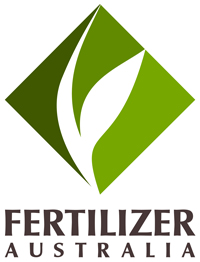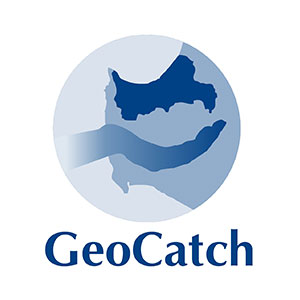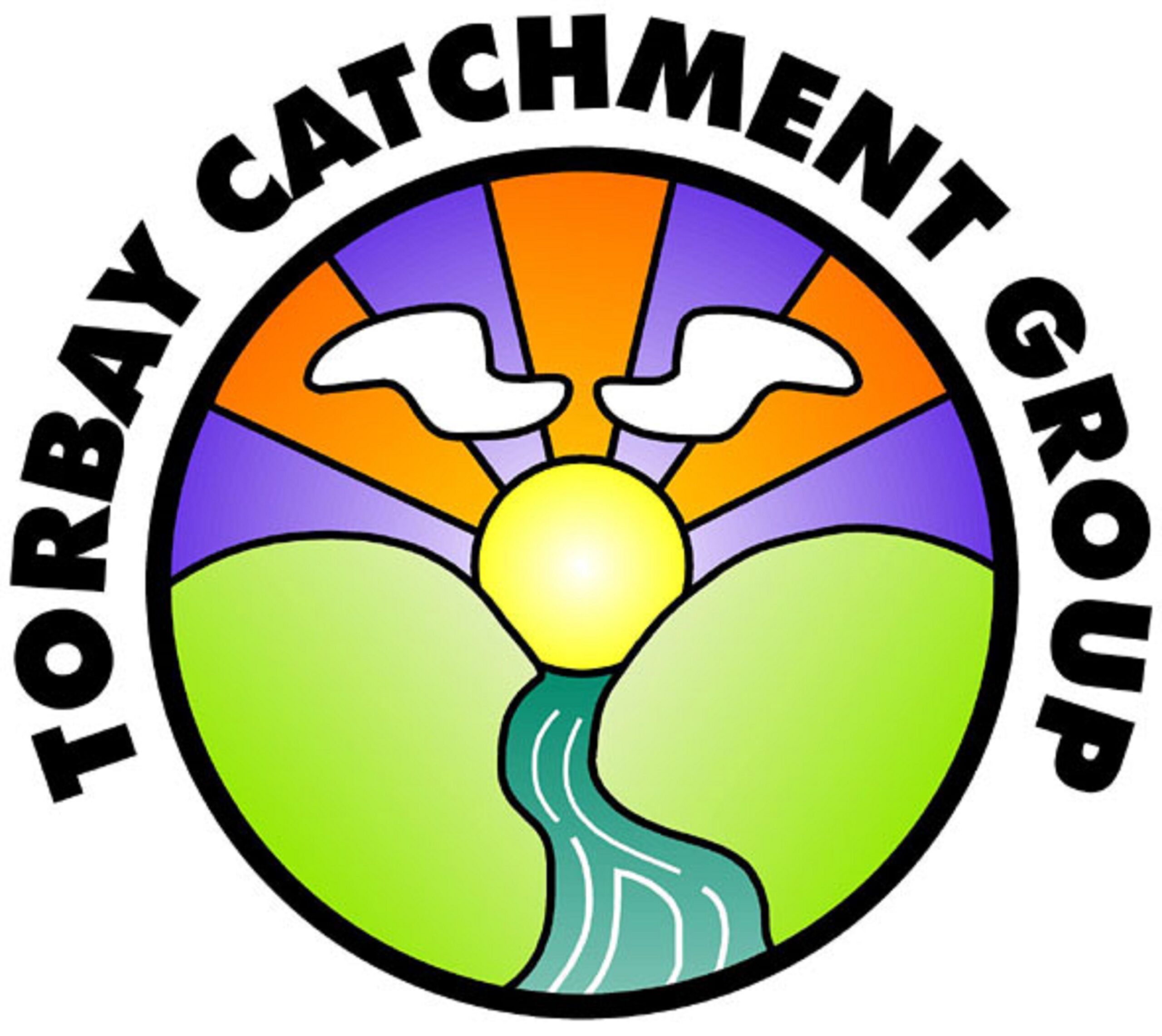Sustainable agriculture
Nutrient run-off from agricultural land represents the largest source of nutrients entering estuaries in south-west catchments. Excess nutrients entering waterways from fertiliser and effluent reduces water quality, and this can lead to algal blooms, low oxygen and fish deaths. Healthy Estuaries WA works with catchment and industry groups and farmers to reduce the nutrient run-off from farms.
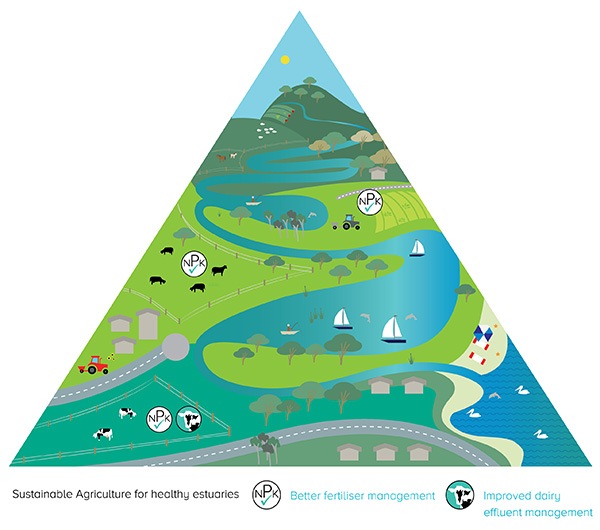

Fertiliser management
The Department of Primary Industries and Regional Development estimates that farmers in Western Australia apply around $400 million per year of phosphorus in excess of the amounts required for desired productivity. Getting fertiliser management right on farms will benefit both farmer’s productivity and water quality in our estuaries.
The Sustainable Agriculture strategy works with farmers to optimise fertiliser use by providing incentives for soil testing, nutrient mapping and agronomic advice for over 400 properties. These programs support farmers to make informed fertiliser decisions so fertilisers and profits stay on the farm. Find out more about the fertiliser management program.

Dairy effluent management
Good effluent management on dairy farms is important on and off the farm. Benefits include money saved on fertiliser, improved soil condition and moisture retention due to organic matter, reduced nutrient losses from farms and productivity gains.
Healthy Estuaries WA works with farmers, industry and catchment groups to promote best practice in dairy effluent management. It reviews dairy effluent systems and develop best practice management plans.
These programs will reduce the amount of nutrients entering waterways, leading to improved estuarine health and long-term sustainability of the dairy industry in Western Australia.
Latest News
Other strategies


